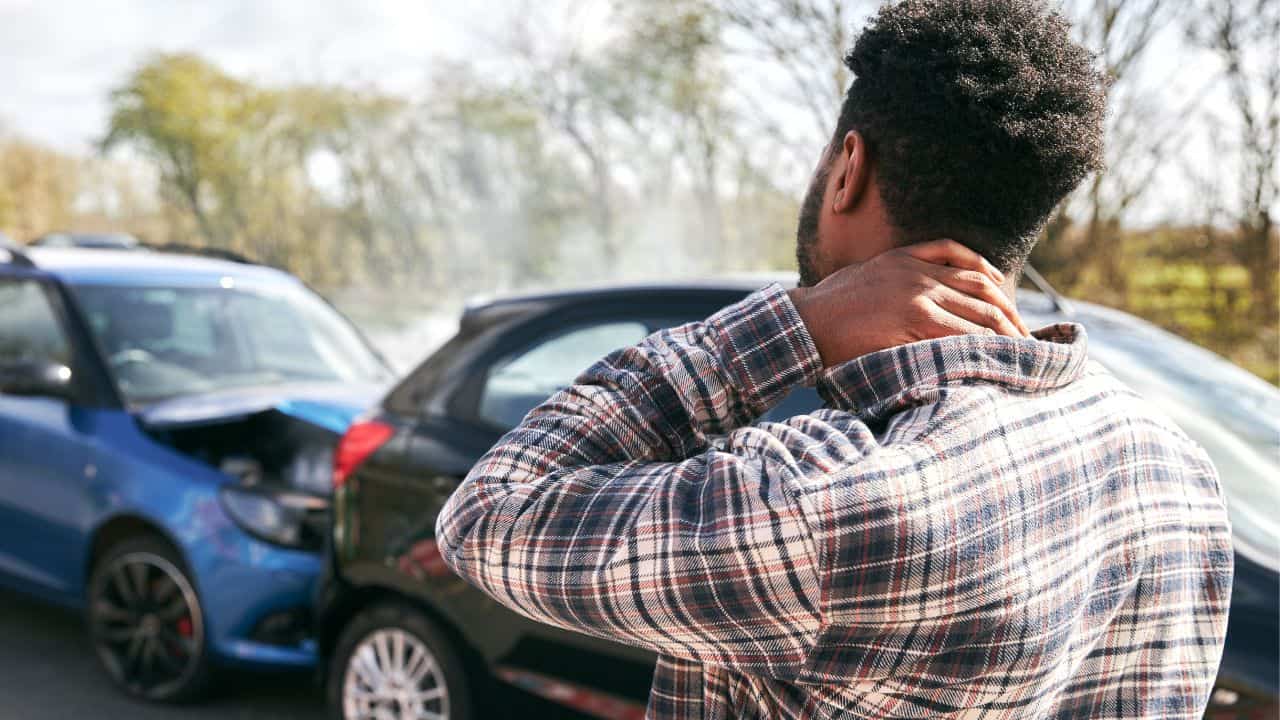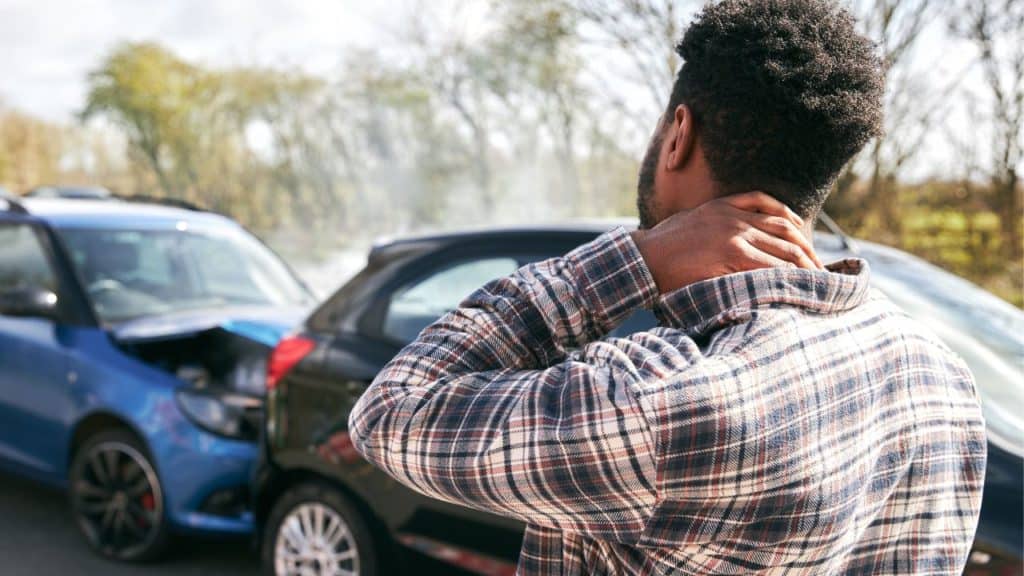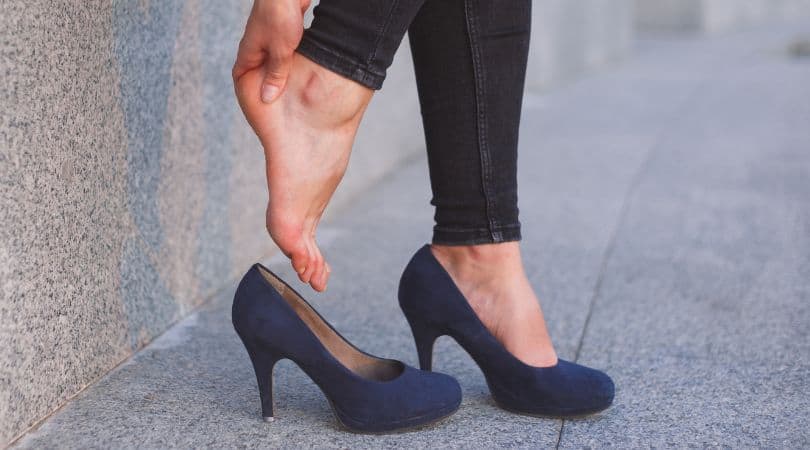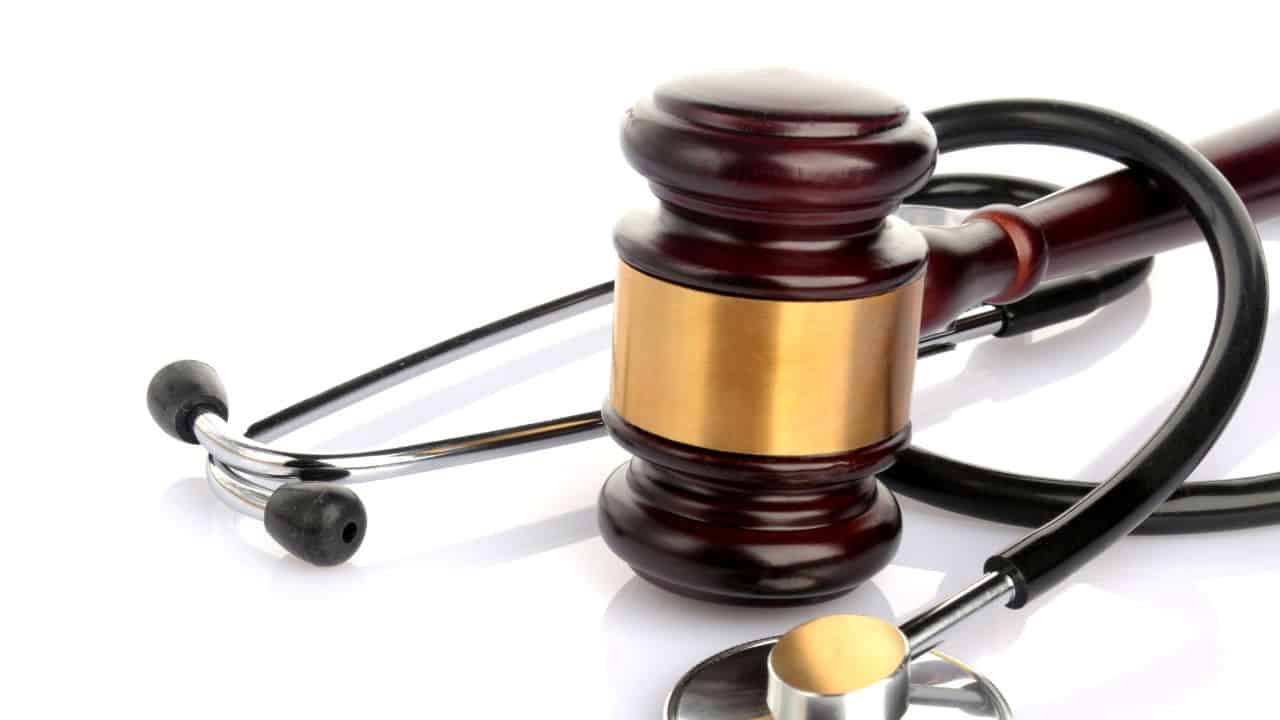
What to Do After a Car Accident – 10-Step Checklist

Almost everyone will be involved in a car accident at some point in their life. Whether it is a fender bender or a major collision, it is important to know what to do so you can protect your health and legal rights going forward.
If you suffered injuries in a car wreck, you might have the right to seek compensation for your medical bills, lost wages, vehicle damage, and other losses. The Fort Worth accident lawyers at Varghese Summersett Injury Law Group have handled countless auto accident insurance claims.
We put together this 10-step checklist to help you make important, critical decisions amid all the chaos and confusion after a car accident. If you follow it exactly, you will be in a much better position to protect your rights and interests when pursuing an injury claim.
In fact, we recommend keeping this car accident checklist in your vehicle should you ever, unfortunately, find yourself in an accident.
1. STOP
The first thing you should do after a car accident is stop your vehicle. Pull over to a safe location so you can assess the situation and check on the safety of everyone involved. If you cannot move your vehicle, put on your hazard lights to warn other drivers of the danger.
*In Texas, leaving the scene of an accident involving death, injury, or property damage is a crime.
2. CHECK FOR INJURIES
Once you have stopped, check on the well-being of everyone in your vehicle, as well as any passengers in the other car. If you or anyone is injured, call 911 immediately or ask a bystander or passing motorist to make the call. Do not try to move an injured person unless they are in immediate danger.
3. REPORT THE ACCIDENT
Under Texas law, you must report an accident involving injury, death, or damage to a vehicle that renders it unsafe to drive. The statute requires contacting authorities through the “quickest means of communication,” so 911 is always the best option. When police and emergency officials arrive, they will generate official reports that will be useful later. When filing a claim with your insurance company, a report from law enforcement will carry more weight than your word alone.
If no one was injured and there is limited damage to the vehicle, you may not feel the need to call 911, but you should still contact police. If the police don’t come to the scene after a car accident, you can go to the nearest police station and request to make a report. The police may tell you to fill out a CR-2, which is commonly known as a “Blue Form” – this is basically a form that you complete yourself and file with the Texas Department of Transportation (TDOT) detailing the crash.
4. DOCUMENT THE SCENE
Once you have called for medical assistance and law enforcement, it is time to start gathering evidence about the accident and documenting the scene. You cannot rely on your memory alone – accidents are often traumatic experiences that can cause cognitive dissonance and impair your ability to recall details later.
- Use your cell phone to take pictures and videos of the accident scene, including damage to all vehicles, roadway conditions, and street signs. Be sure to get close-ups as well as wide shots. If there are any skid marks or debris, take pictures of those, too.
- Talk to any witnesses and get their names, phone numbers, and email addresses.
- Identify the officers at the scene – get their names, badge numbers, contact information, and report numbers so you can follow up later.
- Note if there are any businesses nearby that may have security cameras. This could prove useful later in proving fault.
5. EXCHANGE INFORMATION WITH THE OTHER DRIVERS INVOLVED
After a car accident, it’s imperative that you exchange information with the other drivers involved. Emotions are probably running high, but it’s important to remain calm and polite. Do not discuss the accident details, just obtain the following information:
- Names, numbers, email, and the physical address of all involved drivers;
- Every driver’s auto insurance provider and policy subscriber number (take a photo of the front and back in addition to writing it down);
- The color, make, model, and registration number of all involved vehicles.
6. DO NOT ADMIT FAULT OR APOLOGIZE
After a car accident, the last thing you want to do is start apologizing or admitting fault for what happened. This could hurt your insurance claim or injury case going forward. In many cases, it is not clear who is at fault right away. An admission of fault could include statements such as:
- “I was running late for work.”
- “I didn’t see you.”
- “I didn’t brake in time.”
- “I’m sorry.”
Again, just exchange basic information and remain calm and polite. Avoid angry or emotional outbursts. Wait until you have had a chance to contact an attorney before making any statements about who was responsible.
7. SEEK MEDICAL CARE
Of course, if you were seriously injured in the accident, the first thing you should do – above all else – is to get to the nearest emergency room. If you don’t believe you were seriously injured or only suffered minor injures, it’s still vital to get checked out by a medical professional as soon as possible. Many times, people are in shock after a car accident and do not realize they are injured until days or weeks later.
8. FOLLOW DOCTOR RECOMMENDATIONS AND KEEP TRACK OF ALL MEDICAL EXPENSES
If you do have injuries, it is important to follow your doctor’s treatment plan exactly. If the doctor orders 10 physical therapy sessions, it’s imperative to go to all 10. Don’t stop just because you feel better. Keep track of all medical expenses related to the accident. This includes ambulance rides, hospital stays, doctor’s visits, physical therapy, prescriptions, etc.
9. CONTACT YOUR INSURANCE COMPANY
Many insurance policies in Texas require drivers to promptly report all accidents. Be sure to have your policy number handy when you call. The claims representative will likely ask you for a detailed description of what happened. Be sure to give them the facts but do not speculate or provide your opinion on who was at fault.
The insurance company may also ask you to provide a recorded statement, sign documents, or give them access to your medical records. You are not required to do any of these things without consulting with an attorney first.
10. CALL AN EXPERIENCED CAR ACCIDENT LAWYER
If you sustained injuries in a car wreck that you believe was caused by another driver(s), it’s important to contact an experienced personal injury lawyer as soon as possible. The other driver’s insurance company will likely try to lowball you on your settlement or may even deny your claim altogether. That’s why it is imperative to have a lawyer on your side who will deal with the other driver’s insurance company for you and fight to get you the compensation you deserve.
Speak to a Fort Worth Accident Lawyer at Varghese Summersett Injury Law Group Today.
If you have been injured in a car accident in Fort Worth or the surrounding areas, the attorneys at Varghese Summersett Injury Law Group can help. We have handled hundreds of collisions and know the ins and outs of Texas auto accident law. We will fight to get you the maximum compensation possible for your injuries.
Don’t try and handle this process alone. We offer free consultations so that we can learn about your case and advise you on the best next steps. If we take on your case, you won’t pay us a dime unless we win. We work on contingency, which means we only get paid if we can secure a recovery for you. To schedule your free consultation, call us today at 817-207-4878 (HURT).



